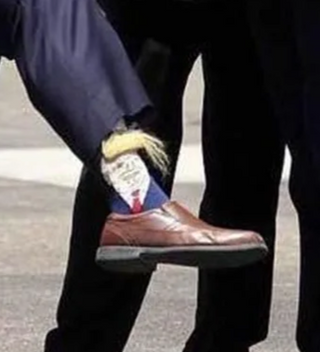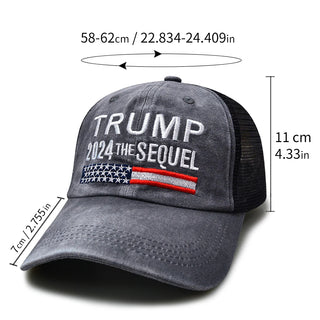Donald Trump has reportedly expressed in private discussions that he believes he could halt Russia's aggression in Ukraine by persuading Ukraine to relinquish some of its territories. According to individuals familiar with his thoughts, Trump's strategy involves urging Ukraine to hand over Crimea and the Donbas border region to Russia. This proposition has drawn criticism from foreign policy experts, who argue it would essentially reward Russian President Vladimir Putin and legitimize the forceful breach of international borders.
Trump's approach starkly contrasts with President Biden's stance, which focuses on countering Russian aggression and supporting Ukraine with military aid. Trump, aiming for a political comeback, has confidently claimed he could broker a peace deal between Russia and Ukraine swiftly, potentially even before officially taking office again, although he has not publicly detailed his negotiation strategy.
Behind the scenes, Trump and his allies have shifted their foreign policy emphasis towards addressing threats from China and reducing Russia's growing reliance on Chinese support, while also advocating for a halt to NATO expansion.
Amidst these discussions, Trump has speculated that both Russia and Ukraine are looking for a dignified exit from the conflict, suggesting some Ukrainians might accept becoming part of Russia. However, such a concession would significantly extend Putin's authoritarian reach, following Europe's largest land war since World War II. Trump's stance has met with resistance from within his own ranks, with figures like Senator Lindsey Graham urging a tough stance against Putin.
The Trump campaign has refrained from commenting directly on these discussions, dismissing speculations as uninformed. Meanwhile, the Biden administration continues to bolster Ukraine's military capabilities, facing political challenges at home over further funding for Ukraine.
Trump's foreign policy track record reveals a preference for high-profile negotiations and a somewhat skeptical view of traditional diplomatic engagements. His presidency marked a shift in the Republican Party's foreign policy, notably in his approach towards Putin and Russia, often sparking controversy and criticism for his unorthodox methods and perspectives.
This approach, alongside Trump's refusal to condemn Russia's actions and his contentious interactions with Ukraine, continues to stir debate on the international stage, with critics warning of the potential implications for U.S. and European security.


















